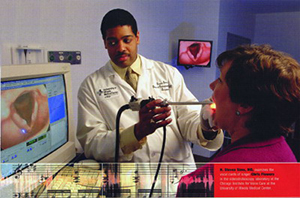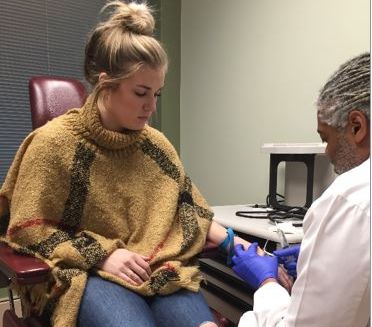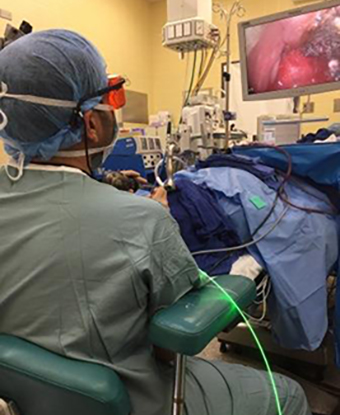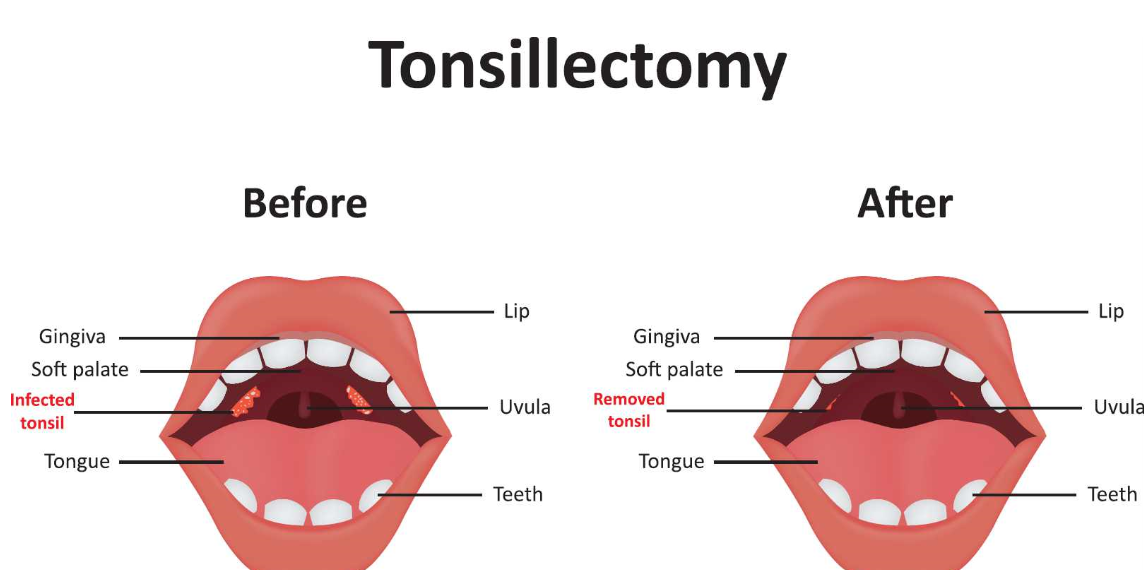Voice Care Services
The Chicago Institute for Voice Care is a voice center with state of the art facilities with the latest equipment and techniques for repairing your voice. Our medical services include:
Laryngeal Videostroboscopic examination enables the doctor to assess not only the general appearance of the vocal cords (folds), but also the vibratory characteristics of the vocal cords while you make sound. Since how the vocal cords vibrate determines what voice comes out, this is an essential step in determining the cause of hoarseness Read More

IV nutrient therapy is the process of giving high dose nutrients through the bloodstream by accessing a vein with a small needle. The nutrients are pushed in to the vein slowly from a syringe over 15–20 minutes, usually using a small, butterfly needle. Read More

The primary way of detecting and diagnosing voice/swallowing issues is through a laryngoscope, which allows the ENT physician to look at the back of your throat. Procedures of this nature, known as laryngoscopy, are covered by most insurers, and usually are done in the doctor's office. Read More

Laryngeal electromyography (EMG) is a special test to assess the nerve signals in a particular muscle. A small instrument is placed directly in the muscle and the electrical activity can be seen on a screen to help understand how the signals are telling the muscle to move. With this procedure we can clarify if the signals are less than normal, hyperactive or atypical. Read More

One important tool for treatment of the vocal cords is a laser. LASER stands for Light Amplification by Stimulated Emission of Radiation. The laser used in vocal cord surgery doesn't produce any more radiation than you get from light bulb or a microwave. In surgical use, the laser focuses and concentrates energy so that the surgeon has a tool that can work either as a precision scalpel for very small areas of the vocal cords or as a high-tech cloth that resurfaces larger areas. Read More

Transnasal Esophagoscopy (TNE) is for individuals with heartburn and laryngopharyngeal reflux symptoms that doesn't respond to antacid medication and dietary changes. Individuals with chronic cough without an identified cause,lump in the throat sensation and with hoarseness and lowered pitch of the voice. Read More
To a singer, the voice is perhaps the most prized part of the body. It is, literally, an instrument few singers wish to alter, particularly through surgery. Because singers’ livelihood depends on a healthy, clear, reliable voice, they tend to bristle at any procedure that might affect that voice. When the issue of tonsils – especially removing them by surgery (tonsillectomy) – arises, many singers want to change the subject. While the tonsils can be important elements of our immune system, they also can hurt quite a lot when they become infected; and when infections occur repeatedly, they can cause both pain and regular disruption to a singer’s routine and livelihood. Let’s address some basic questions that we, at the Chicago Institute for Voice Care, commonly get from singers regarding issues related to their tonsils. Read More

The voice can be one of the most personal and distinctive features of how we present ourselves and how we interact with the world around us. We understand that for people who are in the process of confirming their gender identity with their outward presentation, voice issues are important. At the Chicago Institute for Voice Care, we tailor our Laryngological and Speech Language Pathology services to patients in the process of gender confirmation and we are a part of the Gender Confirmation team at Weiss Memorial Hospital. Read More
